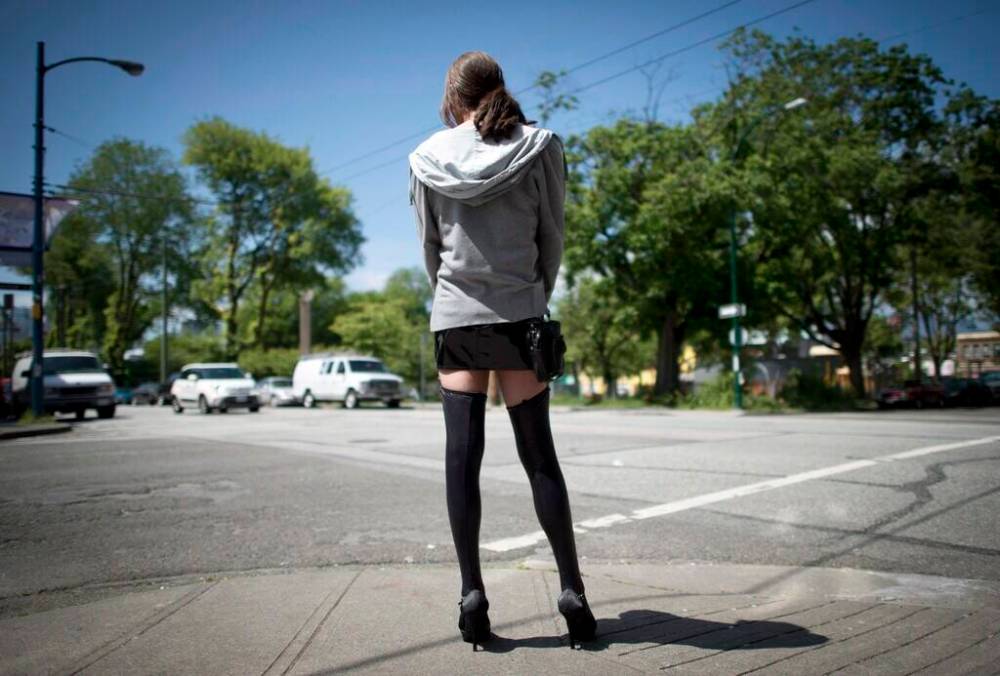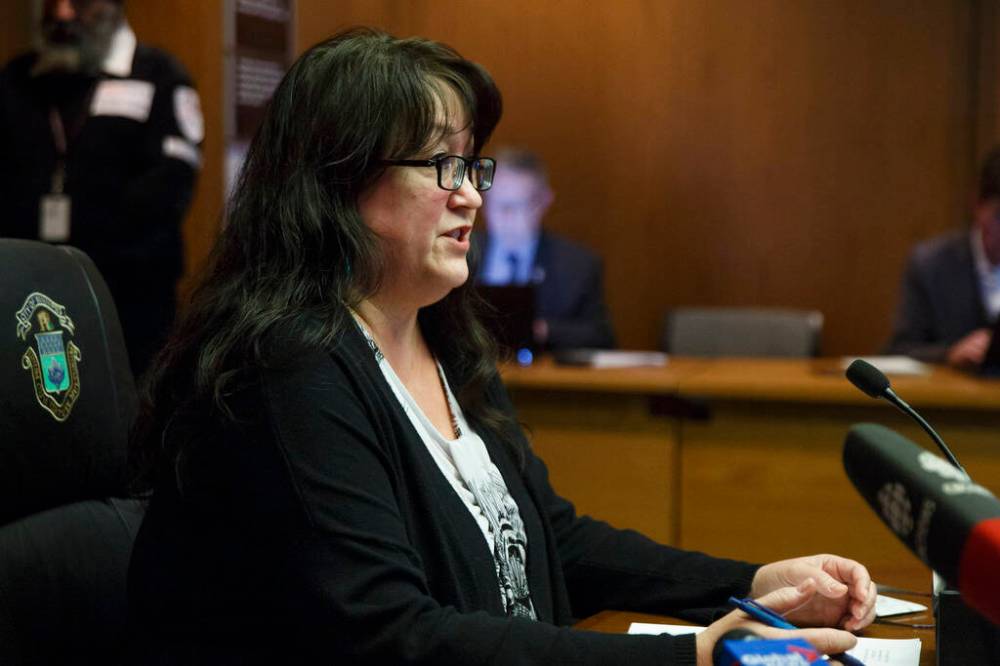End to licensing bylaw is only first step
Read this article for free:
or
Already have an account? Log in here »
To continue reading, please subscribe:
Monthly Digital Subscription
$0 for the first 4 weeks*
- Enjoy unlimited reading on winnipegfreepress.com
- Read the E-Edition, our digital replica newspaper
- Access News Break, our award-winning app
- Play interactive puzzles
*No charge for 4 weeks then price increases to the regular rate of $19.00 plus GST every four weeks. Offer available to new and qualified returning subscribers only. Cancel any time.
Monthly Digital Subscription
$4.75/week*
- Enjoy unlimited reading on winnipegfreepress.com
- Read the E-Edition, our digital replica newspaper
- Access News Break, our award-winning app
- Play interactive puzzles
*Billed as $19 plus GST every four weeks. Cancel any time.
To continue reading, please subscribe:
Add Free Press access to your Brandon Sun subscription for only an additional
$1 for the first 4 weeks*
*Your next subscription payment will increase by $1.00 and you will be charged $16.99 plus GST for four weeks. After four weeks, your payment will increase to $23.99 plus GST every four weeks.
Read unlimited articles for free today:
or
Already have an account? Log in here »
Hey there, time traveller!
This article was published 21/01/2022 (1418 days ago), so information in it may no longer be current.
The City of Winnipeg appears poised to end its practice of licensing businesses that provide opportunities for patrons to purchase sexual services. The decision to end the licensing provision is a good first step, but much more work needs to be done to protect the women who earn a living in this line of work.
Licensing of escort agencies and body rub parlours was supposed to provide safer working conditions for sex workers. In the end, the bylaw was a failure; the growth of the web-based adult service industry, combined with an indifference from government about working conditions, left sex workers just as vulnerable but perhaps more stigmatized than they were before.
City takes step toward ending escort, body rub parlour licensing

Posted:
City council is one vote away from ending the municipal licensing of escort agencies and body rub parlours.
That painful reality convinced the city’s executive policy committee to unanimously recommend to council that the licensing be stopped. A final vote at council is expected to endorse this position.
However, what will become of sex workers once licensing ends? Neither the lobbies and advocates that supported the end of the licensing provision, nor the city administrators and councillors who spearheaded this initiative, can agree on the next step.
A city report that generally supported the end of licensing suggests this change could reduce demand for the sex trade. That implies the opportunity to seek sexual services in a “licensed” facility drove demand. It is entirely unclear whether that, on its own, drives demand for these services in an age when customers and service providers have multiple online channels to connect.
Diane Redsky, executive director of the Ma Mawi Wi Chi Itata Centre, said the bylaw allowed “pimps and traffickers” to represent themselves as entrepreneurs. Repealing the bylaw sends a message “that women and girls are not for sale.”
Sex workers had a decidedly different perspective.
Members of the Sex Workers of Winnipeg Action Coalition, an advocacy organization, told EPC they want licensing to come to an end so they can start to be viewed as regular working people, implying that legalization of sex work is the ultimate goal.
Interest in ending criminal penalties for sex work is being pursued elsewhere; a national coalition of advocacy groups launched a constitutional challenge last year seeking to strike down anti-prostitution measures in the Protection for Communities and Exploited Persons Act.

Only one thing is certain: the end of the licensing bylaw is not a solution. It merely brings us back to the legal limbo that existed before it was introduced.
Buying sex is still against the Criminal Code, even though police only occasionally try to stop the practice and regularly target the women providing the services — as opposed to the men buying them — because they are out in the open. Now that it appears the licensing bylaw is about to terminated, sex workers at the very least deserve to know how they will be treated by law enforcement.
It is also essential that the city pursue other ways of protecting the women in this industry. Politicians will always be wary of fully legalizing sex work, but if the city is going to tolerate its existence, then it must do something to ensure sex workers are protected and that no one is unwillingly forced into this line of work.
Ending the licensing bylaw is a good first step, largely because it has opened a dialogue with many interested parties, including sex workers. It is essential, however, that the city follow up and look for longer-term solutions.









